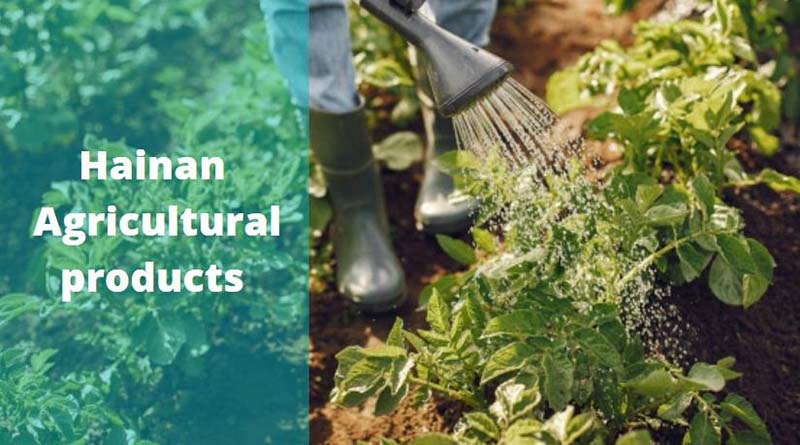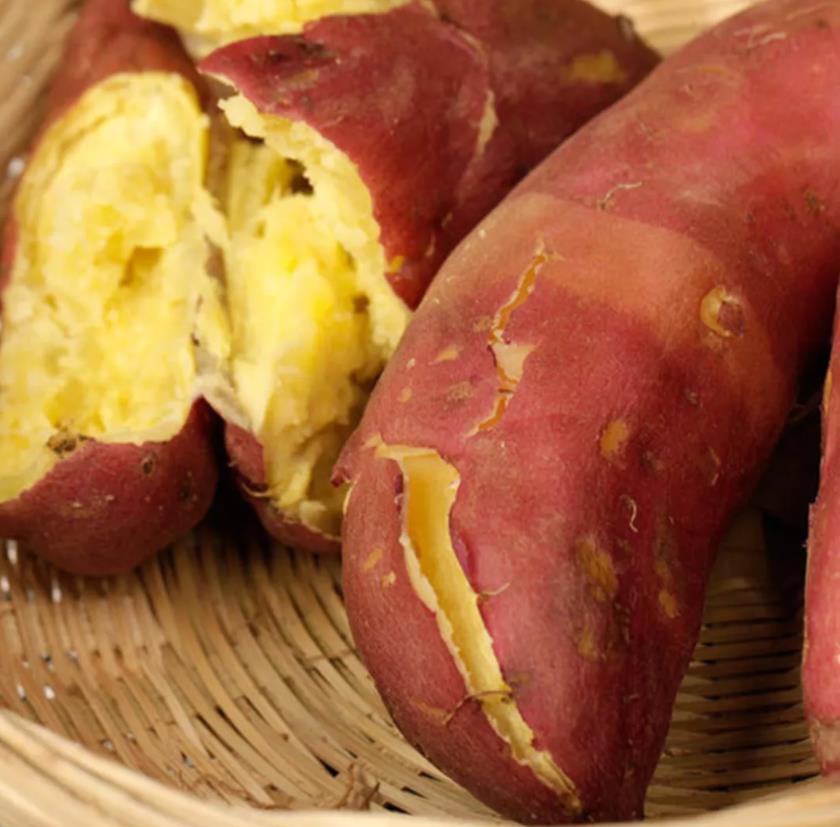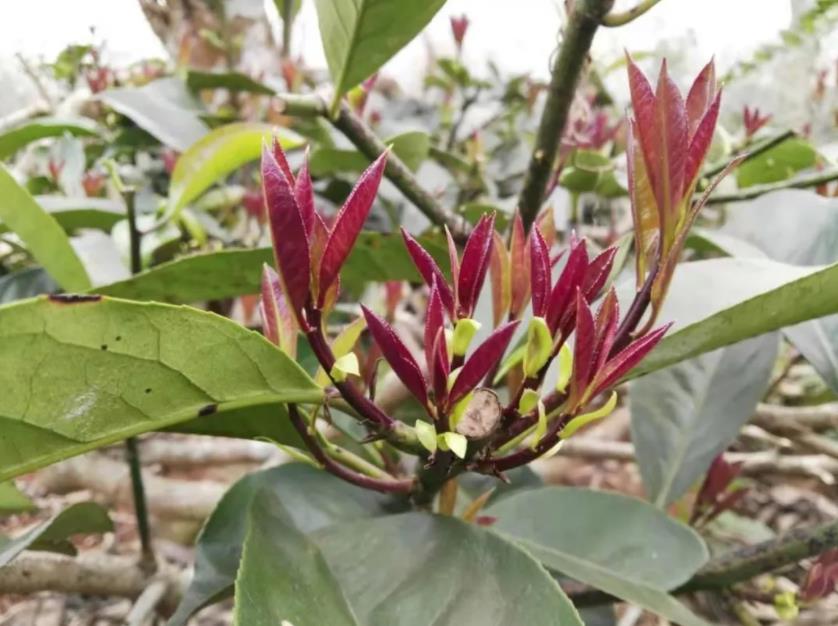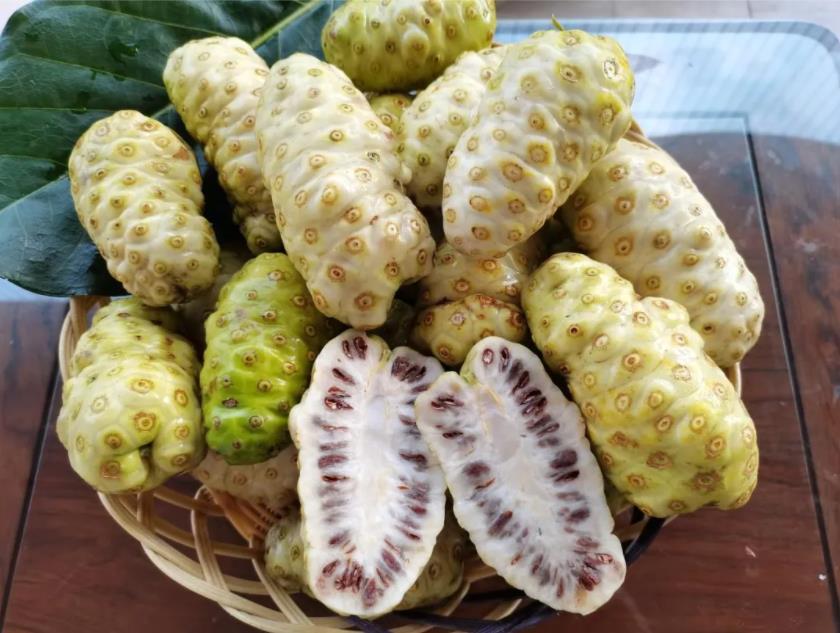As the 2021 China (Hainan) International Tropical Agricultural Products Winter Fair comes to a close it’s worth taking a look at some local products that are grown on Hainan Island.
Hainan Island has a diverse climate suitable for growing a multitude of crops, in this article, we highlight four products that come from Hainan.
Sweet potato
Sandy soils, abundant sunshine, and selenium-rich soil make Hainan Island the perfect location for growing sweet potatoes.
A common food staple across the island, these earthy vegetables are rich in carbohydrates, vitamins, minerals, dietary fiber, and the selenium content is as high as 70 micrograms/kg.
Selenium-rich foods play a critical role in metabolism and thyroid function, they help protect your body from damage caused by oxidative stress.
Selenium may help boost your immune system, slow age-related mental decline, and even reduce your risk of heart disease.
Kuding Tea
Kudingcha is planted and grown in Chengmai’s unique volcanic basalt red loam soil area.
Popular with the elderly for its anti-fatigue effects it has a slightly bitter and smooth taste.
Loam soils generally contain more nutrients, moisture, and humus than sandy soils, which makes it ideal for growing Kuding tea.
The crops are watered with volcanic mineral water which is pumped from underground.
Kuding tea contains various vitamins, amino acids, and trace elements necessary for the human body. It is reportedly good for detoxification, reducing weight, reducing phlegm, dehumidification, relieving coughs, moisturizing the intestines and as a laxative.
In Hainan it is known as “longevity tea” and the “beauty tea” it is considered a natural multifunctional health care product.
Noni Fruit
Noni fruit, scientific name “Morinda officinalis” or “Morinda citrifolin”, is known as the “superfruit” and the “queen of tropical fruits”.
To most, it has a strange and ugly appearance and an unpleasant taste. Unlike other fruits, it will not become moldy or rot, instead it will gradually dry up and shrink into a ball. It is also often referred to as the “mummy fruit” because of this.
Noni’s fruit is relatively hard and contains very low water content and not much juice can be squeezed out from each fruit.
The fruit is unpalatable but it is widely used in traditional Chinese medicine. The fruit and its root have long been used Chinese medicines as tonics for nourishing the kidney, strengthening bones, and in the treatment of impotence, osteoporosis, depression, and inflammatory diseases such as rheumatoid arthritis and dermatitis.
Fushan Coffee
Fushan Coffee is produced in the Fushan area of Chengmai County. The latitude in this area is within the world’s “coffee belt”.
The coffee belt refers to the equatorial regions of the earth where coffee is most easily grown—between 25 degrees north of the equator and 30 degrees south, a range almost entirely overlapping the Tropics.
The red soil of Fushan is suitable for coffee growth and it’s a popular crop for farmers in the area.
The farmers use traditional hand-roasting methods to produce a coffee with a strong aroma and color.
Related article: 2021 China (Hainan) International Tropical Agricultural Winter Fair










